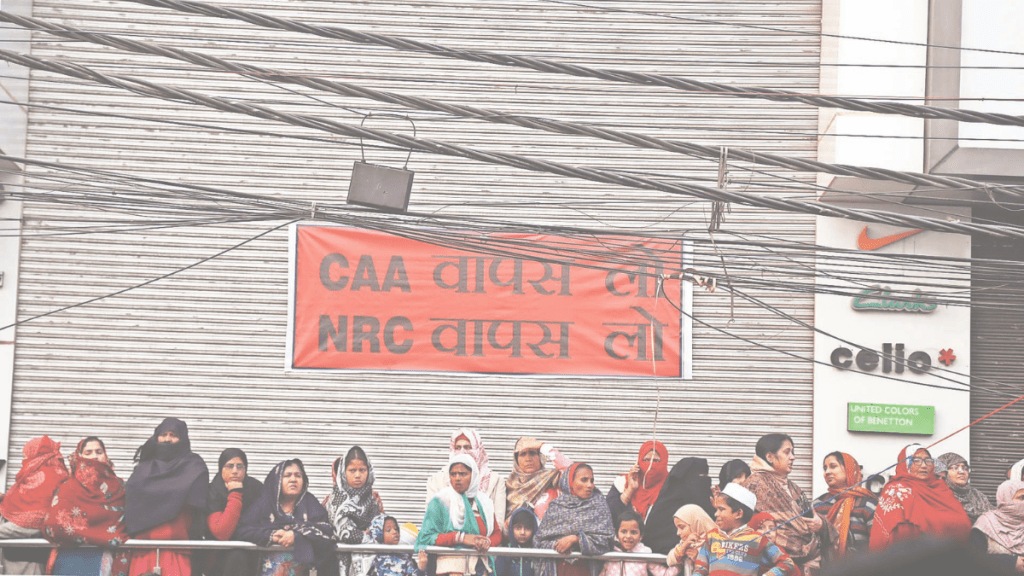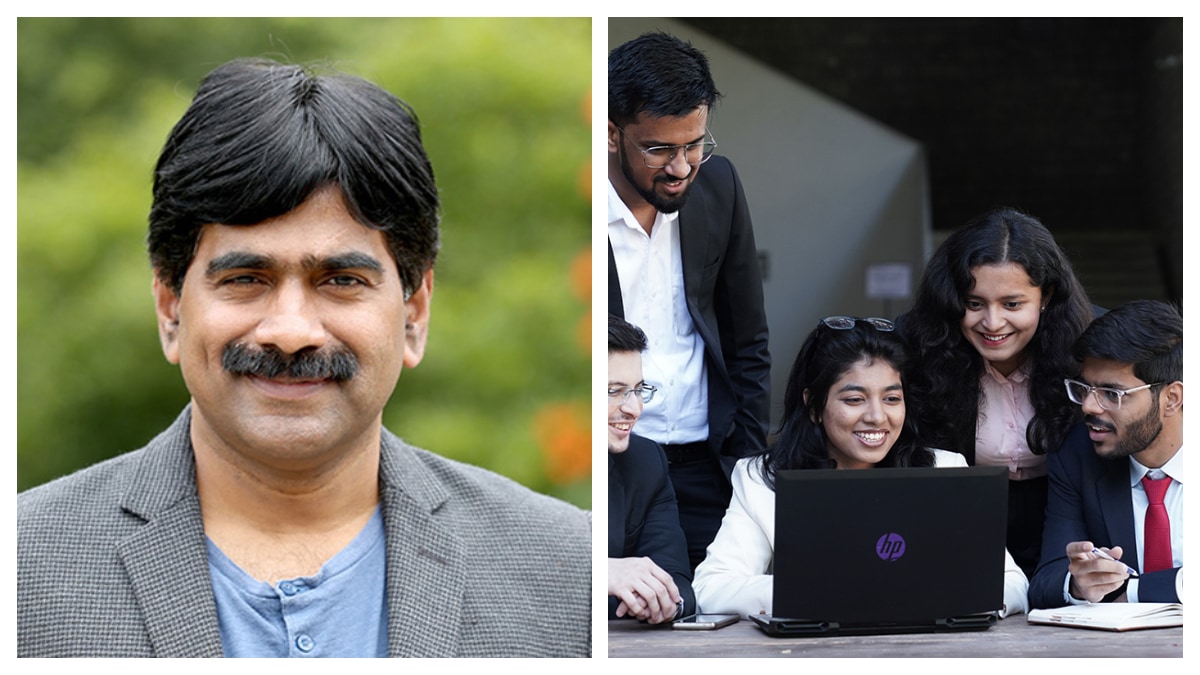By Amitabh Ranjan
On October 12, the day GN Saibaba breathed his last, aged 57, the words of the High Court judges who acquitted him earlier this year in a UAPA case came hauntingly alive: “…the justice system has failed.” By the time the acquittal came, the Delhi University academic had already spent 10 long years of his life in Nagpur Central Jail for a crime he did not commit but which the government was rather pleased to think he did.
An editorial in a leading national daily the following day cautioned that an overzealous State could turn vindictive in which a mob can be fed a “heightened threat perception where protesting students, agitating farmers and dissenting citizens are all labelled as enemies of the State and that encouraging such hypersensitivity is the stuff of a police regime, not of a liberal democracy that can handle a country talking back to itself”.
That such a state of affairs is eerily real than imagined would become clear if you were to pick up Rahul Bhatia’s book, The Identity Project: The Unmaking of a Democracy, and go through its 400-plus pages. Between the covers, you will find a catalogue of information and emotions, researched and lived, that will resonate with confusion and conflicts that a great number of India’s citizens encounter in a radically changed socio-political milieu that this country has got into in the past one decade or so. The present, however, has a genesis going deep in the bygone.
The provocation for the author comes from his immediate surroundings when things started “going mad”. When the smiley-faced jokes of an uncle acquired a touch of the arsenic, when another close acquaintance became obsessed with the idea of a temple at the very site where Babri Masjid once stood, and when an aunt’s friend, a genial man otherwise, told him to be wary of Muslims. Bhatia realised that something unseen was changing.
In the making for a long time, this started coming to the surface around the time Narendra Modi was rising as the most powerful leader of a resurgent BJP riding on a rather lacklustre second term of the UPA government. The modus operandi was a carefully and cunningly built revanchist narrative that would time-travel across centuries until villains found in an imagined past for Hinduism’s cultural decay. Brainwashed Hindu constituents would thus be sold a new cult of militant Hindutva as the panacea of all ills. This would reflect in the rise of the BJP not only as the ruling party but also as the world’s largest political organisation. The new creed will politically manifest in CAA and NRC, police’s brutal response to anti-CAA protests in Jamia Millia Islamia campus and elsewhere, smalltime politicians wearing saffron on their sleeves igniting Delhi riots, their cyber sleuths keeping the embers glowing and even the scourge of Covid acquiring a divisive narrative when the country needed to stand united.
Missing the opportunity to document events as they happened due to the pandemic and lockdown, the author decides to put together an account of the aftermath. And herein begins the author’s journey to understand “where the poison is coming from”, one that is gnawing at the fabric of communal harmony and also that violates the government-citizen covenant entered into at the dawn of independence.
An award-winning journalist, Bhatia delves into history, tracing the rise of Arya Samaj and Dayanand Saraswati; Hindu Mahasabha and BS Moonje who idolised Benito Mussolini; Hedgewar and the RSS and its many offshoots; and the Bharatiya Jan Sangh of which the BJP is the current denomination. His research takes him to libraries in New Delhi, London, Boston and New York, to the records of Anushilan Samiti and its weekly Jugantar, to RSS pamphlets and circulars with tailored content to evoke fear of Muslim takeover of India. He finds the dots and connects them to the present narrative of hate, of Hindus being in danger, and of the othering of an entire community.
The author has walked the streets in Delhi localities like Jamia Nagar, Bhagirath Vihar, Mustafabad and Gokulpuri, the nerve centres of anti-CAA protests and riots. He has talked to an incredible number of people to understand what drives the Sangh Parivar’s agenda, how the police end up serving their political masters, how the judiciary accepts a fait accompli and how technology is used, like the Aadhaar project, to identify and isolate certain people. The language is precise, the metaphors compelling and more often than not disturbing.
Of the many who lend their stories to the book, Nisar bhai, an eyewitness of the riots, is an exception. He perseveres through a prolonged trial in the face of threats, physical and mental stress and financial hardships. A humanist grappling with the disappearance of public propriety, Nisar is unyielding to convenience and pragmatism. He has faith in the system—the police, the judiciary, the political class and in his fellow beings. However, the failure of the system, the leitmotif of the book, also comes out most strongly through his journey that the author has followed closely.
The book comes at a time when we must tackle some existential questions: who we are; where we are; and where we should be? Of late, there have been quite a few books grappling with these questions. This one stands out for its sheer chutzpah. There cannot be a more opportune time that this becomes infectious.
The author is a former journalist who teaches at Patna Women’s College
The Identity Project: The Unmaking of a Democracy
Rahul Bhatia
Context
Pp 464, Rs 899
Disclaimer: Views expressed are personal and do not reflect the official position or policy of Financial Express Online. Reproducing this content without permission is prohibited.








